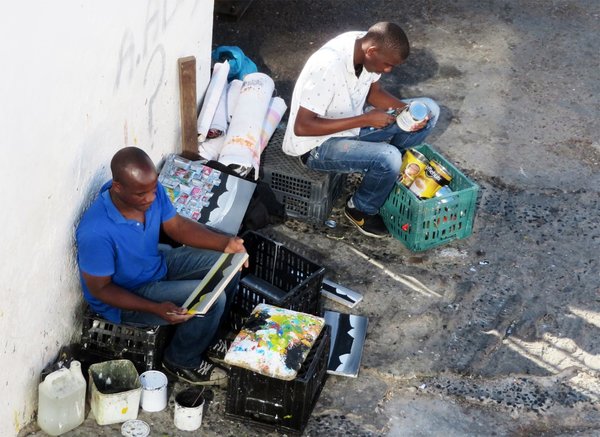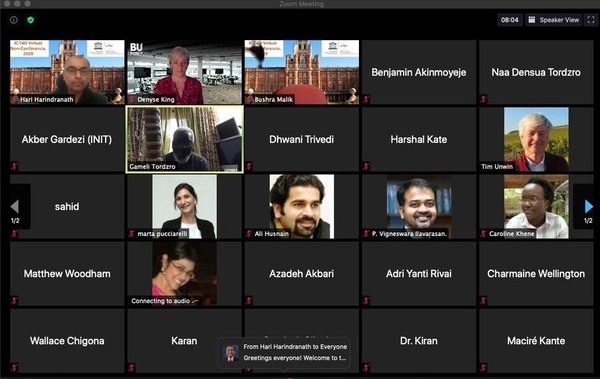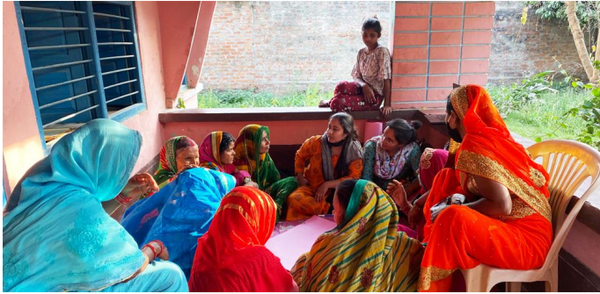
Photo via MIDEQ Hub.
This working paper was originally published via UNESCO Chair in ICT4D. Learn more about their work.
ABSTRACT
This Working Paper summarises the outcomes of a workshop/roundtable held during the MIDEQ Symposium in Rio de Janeiro in September 2023 to explore ways through which research done within the MIDEQ Hub between 2019 and 2023 may have directly benefitted the lives of migrants. This also required us to consider how we know what migrants think about our work, and whether or not they valued our efforts to reduce the inequalities associated with migration.
Our exploration focused on four main dimensions:
- How do we really know what migrants think about our work?
- What have we found to be effective ways of gathering empirical evidence about outcomes experienced by migrants?
- What have we found to be effective ways of disseminating our outputs so that migrants benefit from them?
- What are good forms of “output”/intervention to improve migrant lives?
Our discussions also explored seven other wider aspects of the interactions between migrants and researchers that cut across the four themes above: the need to change prejudices; the long-term impact of our work “Five years down the road”; the value of women’s groups for social cohesion; the crucial importance of context; modalities of future co-operation among those working in MIDEQ; engaging business communities; and how we archive our experiences and resources. The conclusion draws on these discussions to propose a broad model for considering how researchers can more rigorously seek beneficially to impact the lives of marginalised communities.



